In an increasingly digital world, security and reliability are paramount. These two pillars form the foundation of any successful digital solution, ensuring that businesses not only protect sensitive data but also maintain seamless operations and build trust with their customers. This blog delves into the importance of focusing on security and reliability in the development and deployment of digital solutions, exploring how they contribute to overall business success.
The Importance of Security
- Protecting Sensitive Data
In an era where data breaches and cyberattacks are rampant, protecting sensitive information is critical. Whether it’s customer data, financial information, or intellectual property, ensuring robust security measures is essential to prevent unauthorized access and data theft.
- Building Customer Trust
Customers are increasingly concerned about how their data is handled. By prioritizing security, businesses can build and maintain trust, demonstrating their commitment to protecting customer information. This trust is crucial for customer loyalty and long-term success.
- Preventing Financial Loss
Cyberattacks can lead to significant financial losses, not only from direct theft but also from downtime, recovery costs, and potential lawsuits. Investing in robust security measures helps mitigate these risks and protect the bottom line.
- Safeguarding Business Reputation
A single security breach can tarnish a company’s reputation, leading to lost customers and diminished brand value. Consistently focusing on security helps maintain a positive reputation, positioning the business as a trustworthy and reliable entity.
Integrating Security and Reliability into Digital Solutions
- Secure Development Practices
Security should be integrated into the development process from the start. This includes secure coding practices, regular code reviews, and using security tools to identify and address vulnerabilities early. Adopting a security-first mindset ensures that digital solutions are robust from the ground up.
- Comprehensive Testing
Regular and thorough testing is crucial to ensure both security and reliability. This includes unit testing, integration testing, penetration testing, and load testing. Identifying and fixing issues before deployment helps maintain high standards of security and reliability.
- Regular Updates and Patches
Keeping software up to date with the latest security patches and updates is essential to protect against new threats. Regular updates also ensure that the system remains compatible with other technologies and continues to perform reliably.
- Robust Monitoring and Incident Response
Implementing continuous monitoring tools helps detect and respond to security threats and performance issues in real-time. A robust incident response plan ensures that any issues are addressed swiftly, minimizing potential damage and downtime.
- Employee Training and Awareness
Security and reliability are not just technical issues; they also involve human factors. Regular training and awareness programs for employees ensure that they understand best practices, recognize potential threats, and know how to respond to incidents.
Conclusion
Focusing on security and reliability is not just a best practice but a necessity in today’s digital landscape. By protecting sensitive data, ensuring regulatory compliance, and maintaining continuous operations, businesses can build trust, support growth, and achieve long-term success. Integrating these principles into the development and deployment of digital solutions is essential for creating robust, efficient, and trustworthy systems that stand the test of time. Prioritizing security and reliability ensures that your business is well-equipped to navigate the challenges of the digital age and capitalize on its opportunities.


